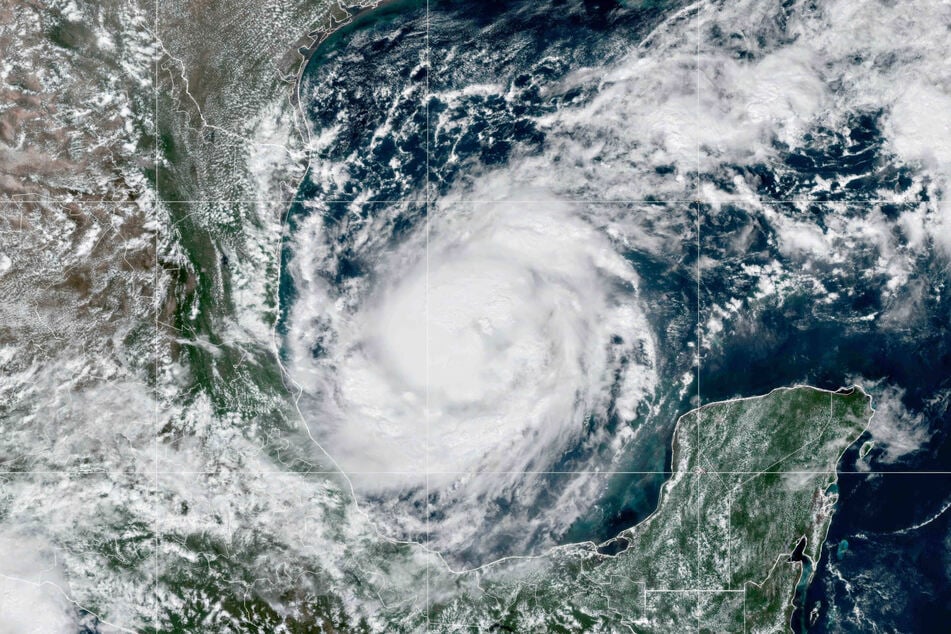Hurricane Milton continues rapid intensification to become Category 5 as it targets Florida
Miami, Florida - Hurricane Milton intensified rapidly on Monday, with dangerously strong winds and storm surges forecast for Mexico's Yucatan Peninsula before the storm is set to slam into Florida in the coming days.

The latest hurricane in the Gulf of Mexico comes close behind deadly Hurricane Helene, and some Florida residents have been ordered to evacuate for the second time in weeks.
The US National Hurricane Center (NHC) said Milton was "an extremely dangerous Category 4 hurricane," on a scale of five, packing maximum sustained winds of 150 miles an hour.
Florida Governor Ron DeSantis, who has declared 51 of his state's 67 counties under a state of emergency, said the race was on to clear damage from Hurricane Helene ahead of Milton's mid-week arrival.
"We need as much of this debris picked up as possible," DeSantis told a press conference. "This creates a safety hazard, and it also will increase the damage that Milton could do with flying debris."
The NHC warned of storm surges raising water levels by five feet along the Yucatan Peninsula and large, destructive waves on the coast.
Storm surge and rainfall of 10 inches, with localized spots of up to 15 inches, are expected to cause havoc in Florida, bringing flash flooding in urban areas.
Emergency workers are still struggling to provide relief in the aftermath of Helene, which killed at least 230 people in several states across the US southeast.
Florida braces for Milton as Helene recovery continues

Researchers say climate change likely plays a role in the rapid intensification of hurricanes because there is more energy in warmer oceans for them to feed on.
President Joe Biden was briefed on Milton and said in a statement his administration was readying "life-saving resources."
Hurricane Helene hit the Florida coastline on September 26 as a Category 4 storm, dumping torrential rainfall, and later causing massive flooding in remote inland towns in states further north, including North Carolina and Tennessee.
The storm was the deadliest natural disaster to hit the mainland US since 2005's Hurricane Katrina, with the death toll still rising.
Many communities, particularly those in mountainous areas, have been left without power and drinking water.
DeSantis said Florida has had power restored since last week, but that many electrical teams were deployed in other states badly hit by Helene.
"There's still hundreds of thousands of people without power in some of these other states that got hit by Helene, so there are crews working there, but they're bringing people in from far and wide to be able to respond" to Milton, he said.
He warned Milton will "remain a hurricane at some level all the way through exiting the east coast of Florida."
UPDATE, 1:38 PM ET: Milton strengthens to Category 5
Milton exploded in strength to become a potentially catastrophic Category 5 storm bound for Florida, threatening the state with a second ferocious storm in as many weeks.
Maximum sustained winds are now estimated to be 160 miles per hour, the National Hurricane Center said in its latest advisory.
While some weakening is forecast as it approaches the US coast, "the system is still likely to be a large and powerful hurricane at landfall in Florida, with life-threatening hazards at the coastline and well inland."
Cover photo: Bryan R. Smith / AFP

